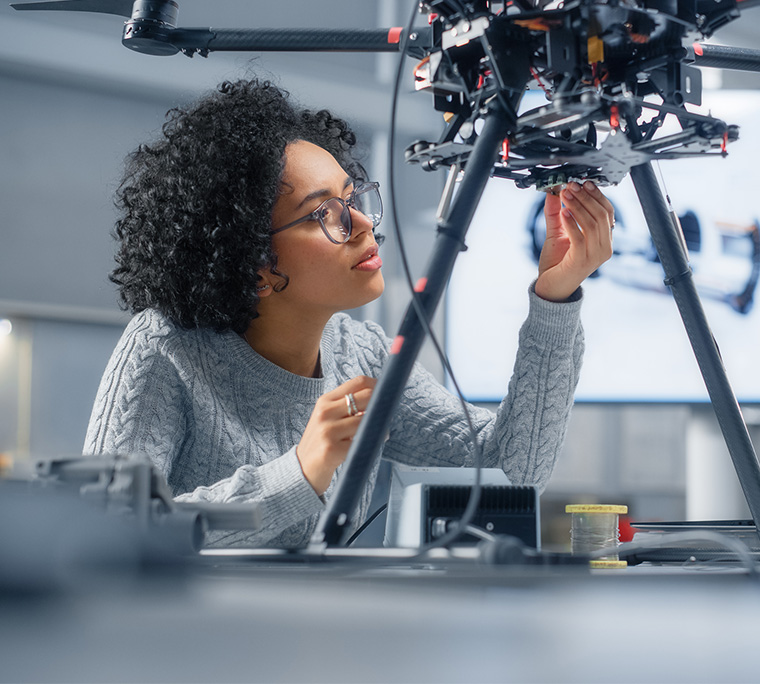As the automotive industry shifts toward smart and connected vehicles, tradespeople who service cars, trucks, heavy duty equipment, and other vehicles will need stronger digital competencies. This briefing looks at how stakeholders in the automotive sector can reduce barriers to digital upskilling for both apprentices and journeypersons.
Rising Skills: Digital Skills Needs for Smart and Connected Vehicles

Rising Skills: Digital Skills Needs for Smart and Connected Vehicles
$0.00
Automotive tradespeople are grappling with future work challenges related to connected, autonomous, shared, and electric (CASE) vehicles. Automotive service technicians, auto body and collision technicians, heavy-duty equipment technicians, truck and transport mechanics, and other tradespeople need technical, problem-solving, communication, and other 21st-century digital skills to thrive in response to these trends. But tradespeople face barriers to upskilling, including financial constraints, tech challenges, and age-related tensions.
This issue briefing suggests ways to strengthen apprenticeship training and post-certification upskilling for tradespeople in the Canadian automotive sector:
- Promote augmented and virtual reality training on advanced vehicles.
- Target digital literacy training for older tradespeople.
- Support lifelong learning for tradespeople at small independent garages.
- Integrate client relations into apprenticeship training.
- Develop a knowledge transfer strategy to address CASE technologies.
- Integrate generational considerations into mentorship training.







